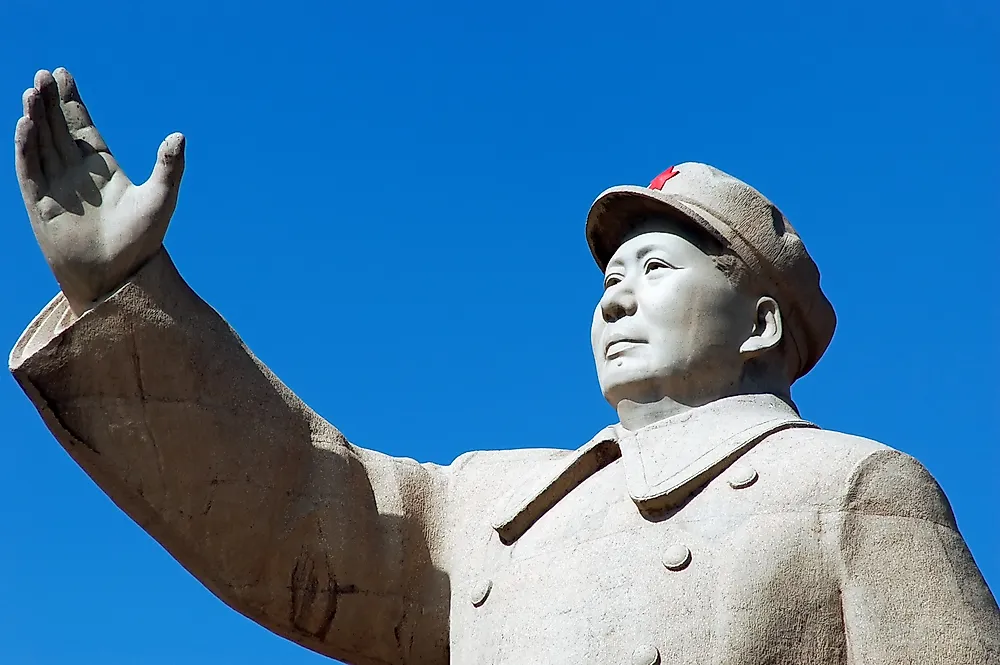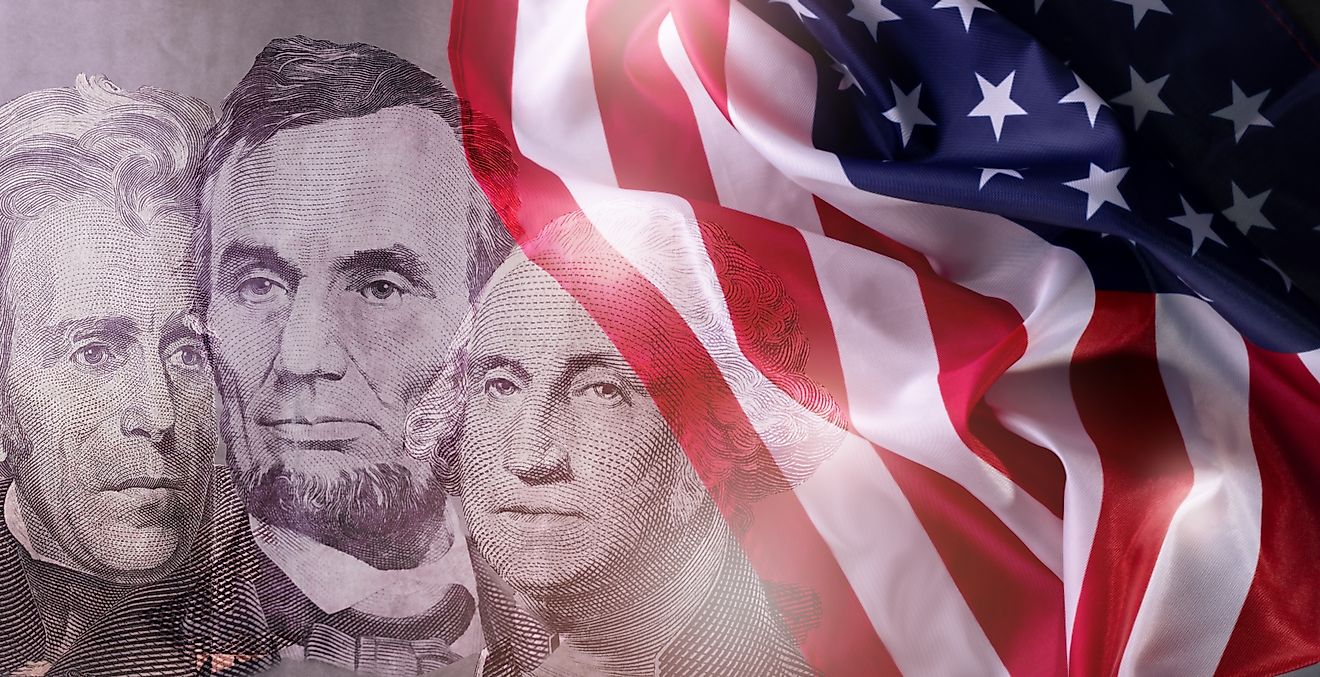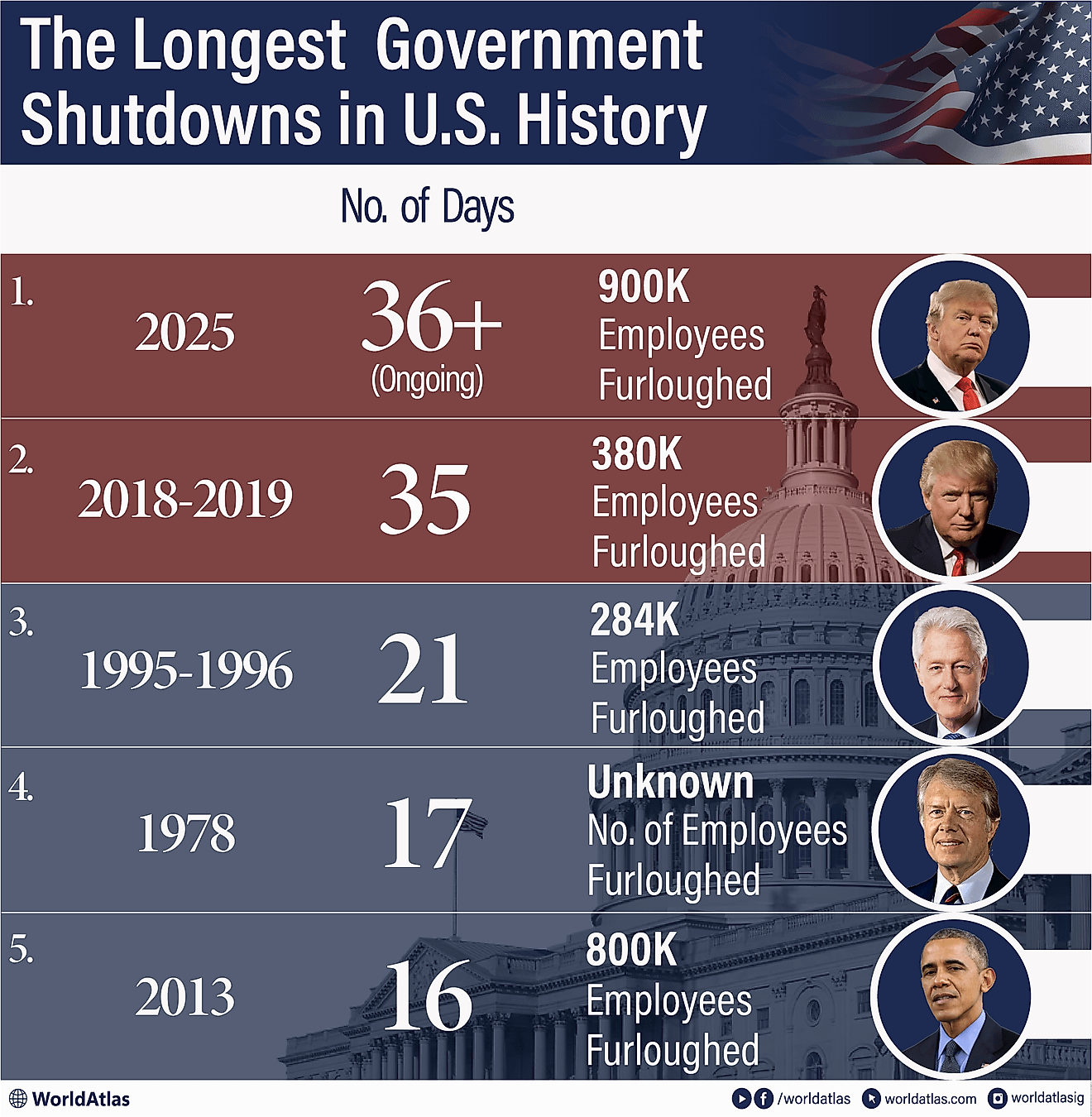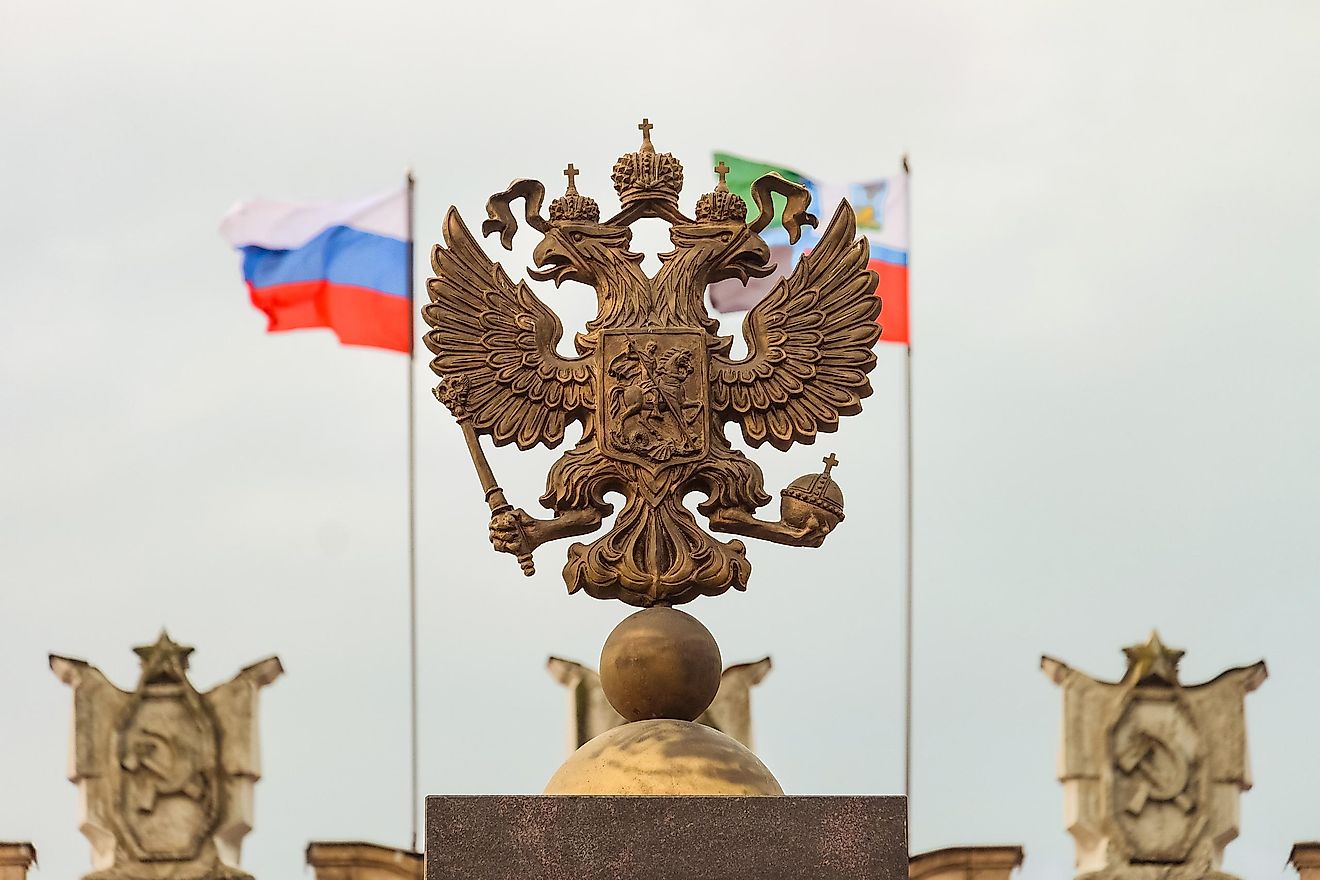Mao Zedong - World Leaders in History

Mao Tse-tung Zedong, also known as Chairman Mao, was born on December 26, 1893, in Shaoshan, China. He was a Chinese soldier, statesman, writer, poet, calligrapher, and Marxist-Leninist who led China’s Cultural Revolution. From a humble beginning, he became China’s communist leader and founder of the People’s Republic of China. He was the son of Mao Zedong and Wen Qimei. His theories, beliefs, military strategies, and policies, known as Maoism, have been practiced widely.
Early life
Mao attended a village school at the age of 3, receiving little education. At age 13, he was working in the fields. His father arranged a marriage for him at 14, but he declined. At 17, he enrolled in a secondary school in Hunan Province. Mao joined the revolution army, led by Sun Yat-sen, against the Monarchy in 1911 of the Kuomintang (The Nationalist Party) who overthrew the monarch in 1912 resulting in the formation of the People’s Republic of China. Mao graduated from the school in 1918 as a teacher. He traveled to Beijing but could only be hired as a Librarian.
Rise to Power
Learning from the success of Russian Revolution that established the Soviet Union, Mao became a founding member of Chinese Communist Party in 1921. From 1923, Yat-sen cooperated with the Chinese Communists who had grown in number and strength. Slowly, Mao believed that support from peasant farmers was the key to establishing deep-rooted communism in China. He steadily rose through the party ranks to become an executive member. In 1925, Yat-sen died and was succeeded by Chiang Kai-shek who denounced the alliance with communists, arresting, imprisoning and killing many of them. Mao was defeated upon retaliation and fled to Jiangxi province where communists regrouped and formed the Soviet Republic of China with a ruthless guerilla army. His expanding influence worried Kai-shek who raided Mao’s strongholds but being the tactical genius, Mao ordered a retreat. Mao then led a 100,000-strong communist army on foot across the western and northern regions of China. Known as the “Long March” and lasting twelve months, three-quarter of them never finished the 8,000 miles walk. He used his oratory skills to inspire young people into the movement. There was a temporary truce between Mao and Kai-shek when Japan invaded China in 1937 taking over major cities and coastal towns. Mao established himself as a great military leader, defeating Japan in 1945 and expanding his influence to the whole of China. Mao then established the People’s Republic of China in 1949 as Kai-shek fled to Taiwan. Mao presided over the aggressive “Great Leap Forward” agricultural reform that was counterproductive and led millions to famine and starvation. Thus, his support declined. To regain support, He manufactured a crisis only he could solve. Mao told his supporters to eliminate the elite elements who wanted to restore capitalism. His supporters formed the ruthless “red army” that executed the elites and restored Mao’s command.
Contributions
Though some considered Mao to be brutish and an ill-motivated leader who damaged traditional Chinese culture and killed more than any other dictator in history, his contributions are what made China the economic powerhouse we know today. He instituted land reforms seizing warlord lands and converting them into people’s communes. Mao established positive changes such as promoting women participation, sending more children to school, improving literacy and health care which increased China’s life expectancy. He is credited with ending imperialism in China. Mao initiated the move from agricultural dependence to industrial dependence in China. There were significant advancements in science and technology, space exploration and military modernization.
Challenges
The “Great Leap Forward” of 1958 was one of Mao’s biggest challenges. What he believed to be a good policy led to millions of deaths mostly caused by famine. His other policies, beliefs, and movements resulted in the death of millions of other people through wars, execution, and suicides of dissenting voices. Many believed he could only organize revolutions but was clueless on running a country. At a personal level, Mao was a known chain smoker and womanizer who largely depended on sleeping pills.
Death and Legacy
Mao Tse-tung Zedong died from complications of Parkinson’s disease on September 9, 1976, in Beijing leaving a controversial legacy in China and the rest of the world. In China, he is held in high regard as a political, economic and military strategist. He is credited with laying the foundations of China’s industrialization, unity, improved health, women empowerment among others. While the West considered him a genocide monster, former US President Barrack Obama quoted lines from Mao’s poems in his inauguration speech. Mao’s military writings also continue to influence insurgents and counterinsurgents, especially of guerilla warfare.











